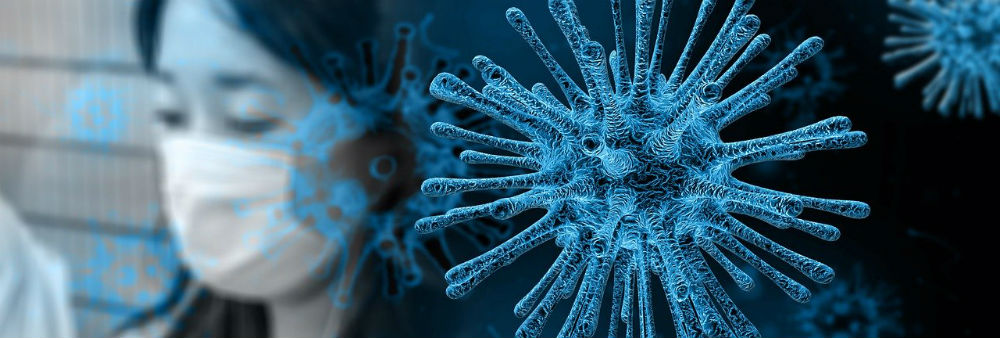
With so much information surrounding the Coronavirus disease (COVID-19) doing the rounds on the internet, through social media and then by word of mouth, it's important to separate fact from fiction. In times like these, many people are quick to believe disinformation which then spreads rapidly and in some people's mind, becomes fact. We've put together a list of some of the most believed myths that aren't based in reality, sourced from the official World Health Organisation (WHO).
As always, the best advice to protect yourselves from the Coronavirus (COVID-19) is to clean your hands frequently with an alcohol-based hand rub when on the move (over 60% alcohol content), or washing them for at least 20 seconds with soap and warm water.
Will wearing a mask help keep the virus at bay?
The WHO are only suggesting people wear masks if they're taking care of a person who is suspected to have been infected. They also suggest you wear a mask if you are coughing and sneezing, and must know how to use and dispose of masks properly. Use the video below to help you get to grips with wearing and disposing of masks correctly:
Are there any existing medicines that'll prevent or treat COVID-19?
There's no evidence to-date that shows existing medicines will prevent, or help treat those who have been infected with COVID-19. Some specific treatments are being researched and investigated, with clinical trials underway.
Is the virus only affecting older people?
No: people of any age can be infected with the new Coronavirus. Those of an older age and people with pre-existing conditions appear to be more vulnerable to becoming severely ill, but this doesn't mean that those who are in healthy shape and of other ages are immune.
Will antibiotics kill the virus?
No, antibiotics cannot be used to kill or prevent a virus. Those who are hospitalised may still be given antibiotics however, as bacterial co-infection is a possibility.
Can mosquito bites transmit the disease?
No. There is no evidence to-date that suggests the Coronavirus disease can be transmitted to humans through mosquito bites. The disease is a respiratory virus which spreads primarily through droplets generated when those already infected cough or sneeze. It can also be transmitted through saliva droplets, or discharge from the nose.
Can the COVID-19 virus be transmitted in hot climates?
Yes. Whilst rumours suggested areas with higher base temperatures meant instant safety, there is no evidence to support this. In fact, all of the evidence gathered to-date shows that the new Coronavirus can be transmitted in all areas, regardless of the weather.
Can the cold kill the virus? How about a hot bath, or hand dryers?
No. There's no evidence to suggest that cold weather or cold showers/baths will be able to kill Coronavirus (COVID-19). Similarly, taking a hot bath does not prevent the disease, so don't risk burning your skin for something that won't work! Rumours that hand dryers also rid a person of the virus are also false.
Will ultraviolent disinfection lamps kill the virus?
No, and they may cause skin irritation because of the UV radiation. The WHO are advising UV lamps not be used at all to sterilise hands.
Will alcohol or chlorine being sprayed onto the body work against the virus?
No. Viruses that have already entered the body cannot be killed by spraying alcohol and/or chlorine all over the body. Spraying these sorts of substances can be harmful to areas of the body including eyes and mouths, and may ruin items of clothing.
Do thermal scanners work in detecting COVID-19?
Thermal scanners can be effective in detecting those who have developed a fever because of infection with the Coronavirus. However, the scanners cannot detect those who are infected but aren't yet sick with fever. It takes between two and 10 days before people who are infected become sick and develop a fever.
Can pneumonia vaccines protect you against the virus?
No. Vaccines against pneumonia are not effective at providing protection against the new Coronavirus. It's a brand new, unique strain that will need its own vaccine, with researchers working hard to develop one against the virus.
Will rinsing your nose with saline help protect you?
No. There's no evidence to support that regularly rinsing the nose with saline will help to protect people from infection with the new coronavirus. Some limited evidence has shown that regular rinsing of the nose with saline can help with quicker recovery from the common cold, but nothing suggests it helps against respiratory infections, such as the new Coronavirus.
Will eating garlic prevent infection?
No evidence suggests that the current outbreak can be protected against by consuming garlic, though the healthy food may have some antimicrobial properties.
Tagged in Coronavirus

